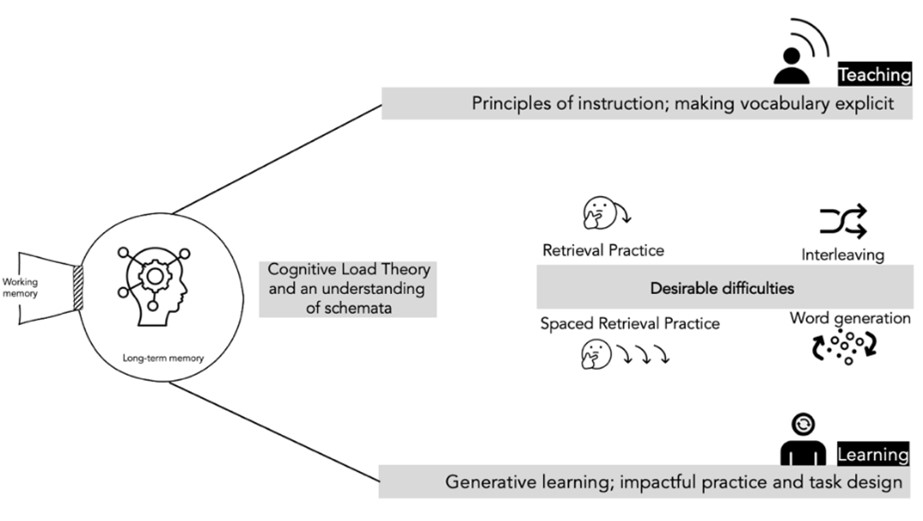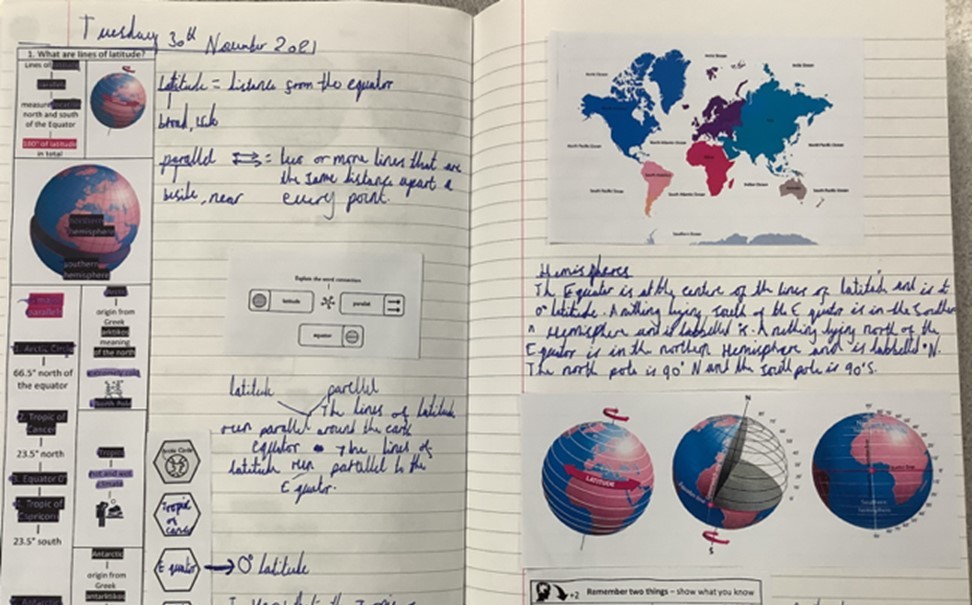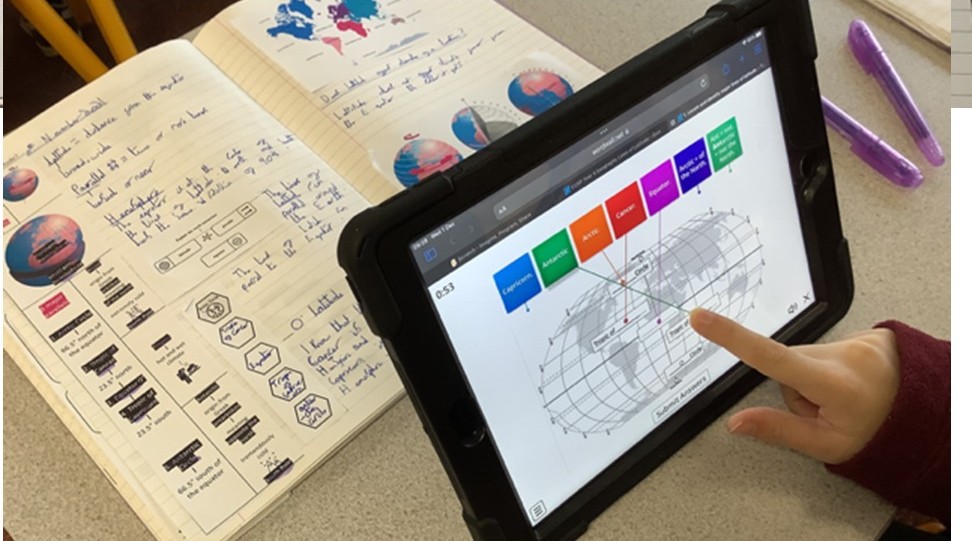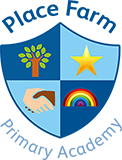Our vision is for Place Farm Primary Academy to be an excellent school, where excellent practice, high achievement, equality and well-being are at the heart of everything we for our children and for our staff.
Introduction to Unity Schools Partnership and CUSP
Unity Schools Partnership is a family of 30 inter-dependent primary, secondary and special schools in the East of England. Within the Unity Schools Partnership, we are proud to include: Unity Research School, Unity Teaching School Hub, Curriculum for Unity Schools Partnership (CUSP) and Schools Partnership Tutors. Our practise builds on the best bets from evidence-informed research and pedagogy informed by the Unity Research School network and experts including our Pupil Premium Advisor, Marc Rowland. Unity Schools Partnership has a team of over 2500 educators and central staff. Our work is characterised by our core values: ethical leadership, inclusion, excellent communication, endless ambition, strong relationships and belief in success for all. Our school leaders have high aspirations and expectations for all pupils and staff with all staff striving to smash through barriers and make remarkable change happen.
What makes CUSP unique?
CUSP (Curriculum with Unity Schools Partnership) is a curriculum collaboration that serves over 70,000 pupils through hundreds of schools across the UK and internationally.
CUSP is a partnership, not a product. We are agile; this gives us the capability and systems to respond to the best evidence available that tells us what works in the modern classroom.
CUSP is unapologetically ambitious and brings the most effective research and evidence-led practice to the attention of school improvement through excellence in curriculum structure, cumulative and coherent resources to support teacher subject knowledge, teacher pedagogy, learning tasks, assessment and feedback.
At the absolute heart of the full CUSP offer is a central belief that all pupils should have the opportunity to develop competence and confidence in Reading. The golden thread of vocabulary is explicitly and systematically instructed across the offer; disciplinary literacy is carefully planned and observed; rich and demanding texts sit at the centre of instruction in all subject disciplines.
Schools join CUSP to bridge the gap between evidence and practice through carefully designed learning sequences, coherent and aspirational resources and outstanding support for the development of teachers’ knowledge and pedagogy. Schools that we work with report rapid and significant impact on outcomes, teacher confidence and overall curriculum coherence. This is particularly evident for pupils with SEND and those pupils experiencing disadvantage.
CUSP is an evidence-led curriculum that is built on the principles underpinned by the best cognitive and neuroscientific research available. Three core elements constitute the overarching curriculum offer: Cognitive load theory, Principles of Instruction and Generative Learning Practice. Disciplinary research has been distilled alongside this in the context of each individual subject. For example, CUSP Reading draws on the work of Rasinski and Shanahan around prosodic Reading; CUSP Writing draws on the work of Diane McGuiness around pattern seeking; CUSP Art draws on the work of the Paul Hamlyn Foundation around embedding learning through the arts. Unity Research School, one of the Education Endowment Foundation’s 28 national centres of excellence, guides our principles and practice.

Strategically led by Alex Bedford and Lauren Meadows, CUSP content is developed and enriched by subject specialists and leaders in their field. CUSP long-term sequences and Learning modules clearly articulate and define the substantive knowledge (what pupils need to know) as well as the disciplinary knowledge (what pupils can do). We have mapped this coherently and cumulatively across the curriculum.
CUSP curriculum structure is fundamentally built to support the principles of Cognitive Load Theory, Explicit Vocabulary Instruction, Spaced Retrieval practice and Interleaving. This was not an afterthought or an attempt to squeeze evidence-led practice into an existing curriculum design: it was deliberate and executed with intent.
CUSP is integrally and systematically connected to the pedagogy and professional training we have built around our curriculum. The phenomenal success schools realise is a combination of structure, content, evidence-led pedagogical principles and practice as well as a significant uplift in teacher subject knowledge.
An essential component to CUSP lessons is the systematic and coherent approach that we embed focusing on the six phases of a lesson.

Excellent subject knowledge, connections with prior learning, consistency in explanations with worked examples, deliberate practice with hard thinking tasks, and integration of new learning creates long-term memory and coherent schemata creation.
We specialise in supporting schools and teachers to embed Thinking Hard Routines, such as retrieval practice, through deliberate, precise and rehearsed methods.


Year 4, Geography book showcasing 6 phases of a lesson Thinking hard routines. Explicit vocabulary instruction is an integral component within CUSP Pedagogy and Practice.
Deliberate practice routines can be rehearsed using traditional paper or digital technologies.
A variety of methods are deployed here to enable pupils to think hard, including our innovative hexagon pathways and Two Things retrieval practice templates.
All of these Thinking Hard resources and routines are provided in our extensive and ever-growing online resource banks.

